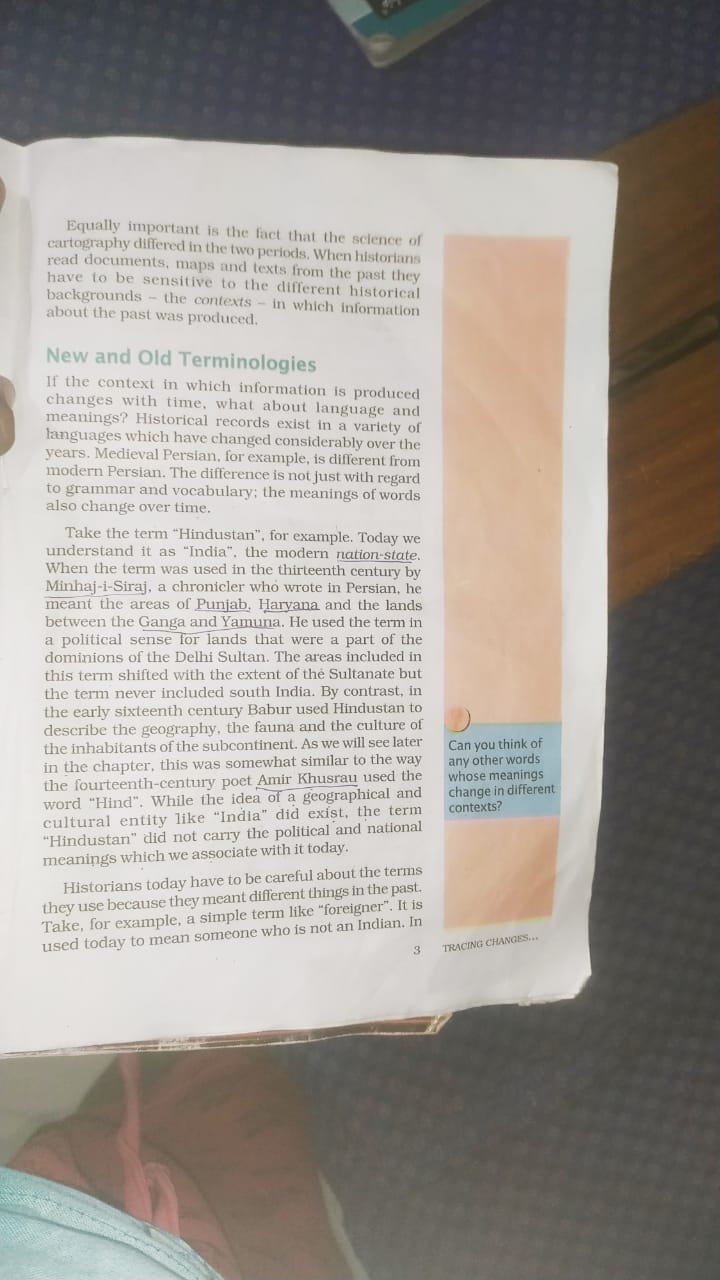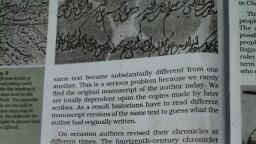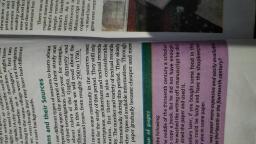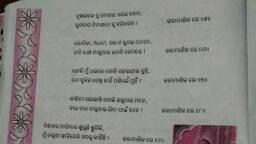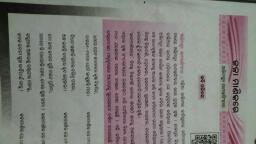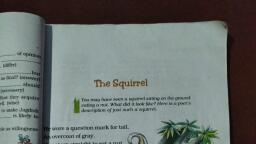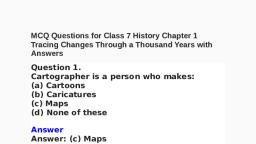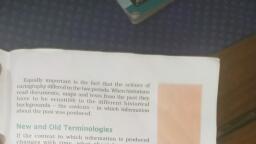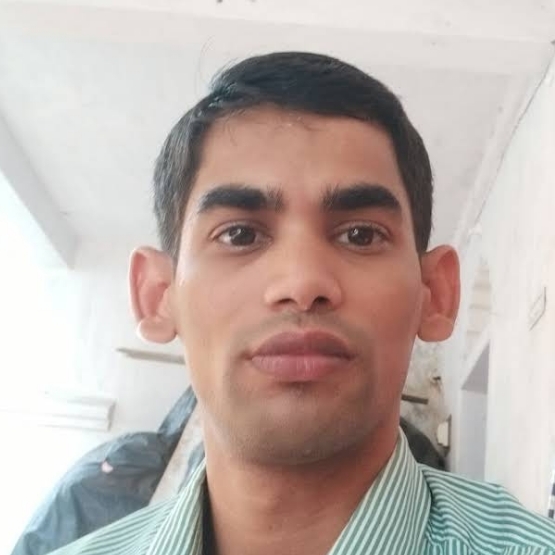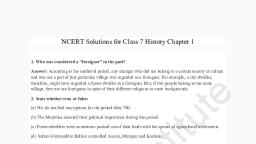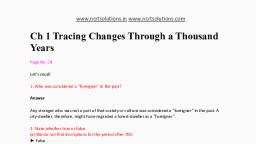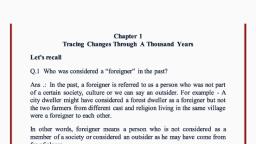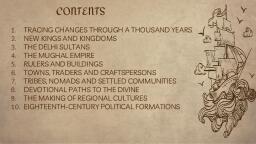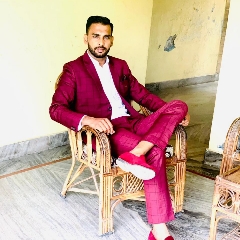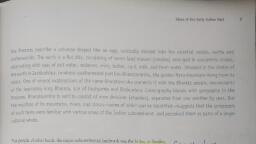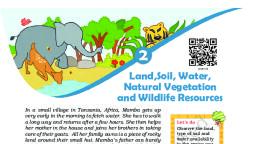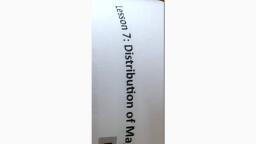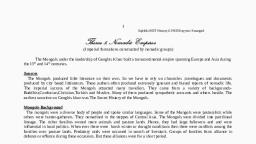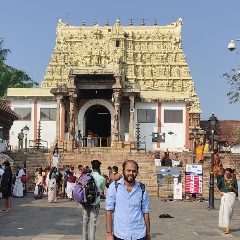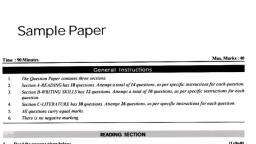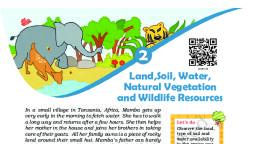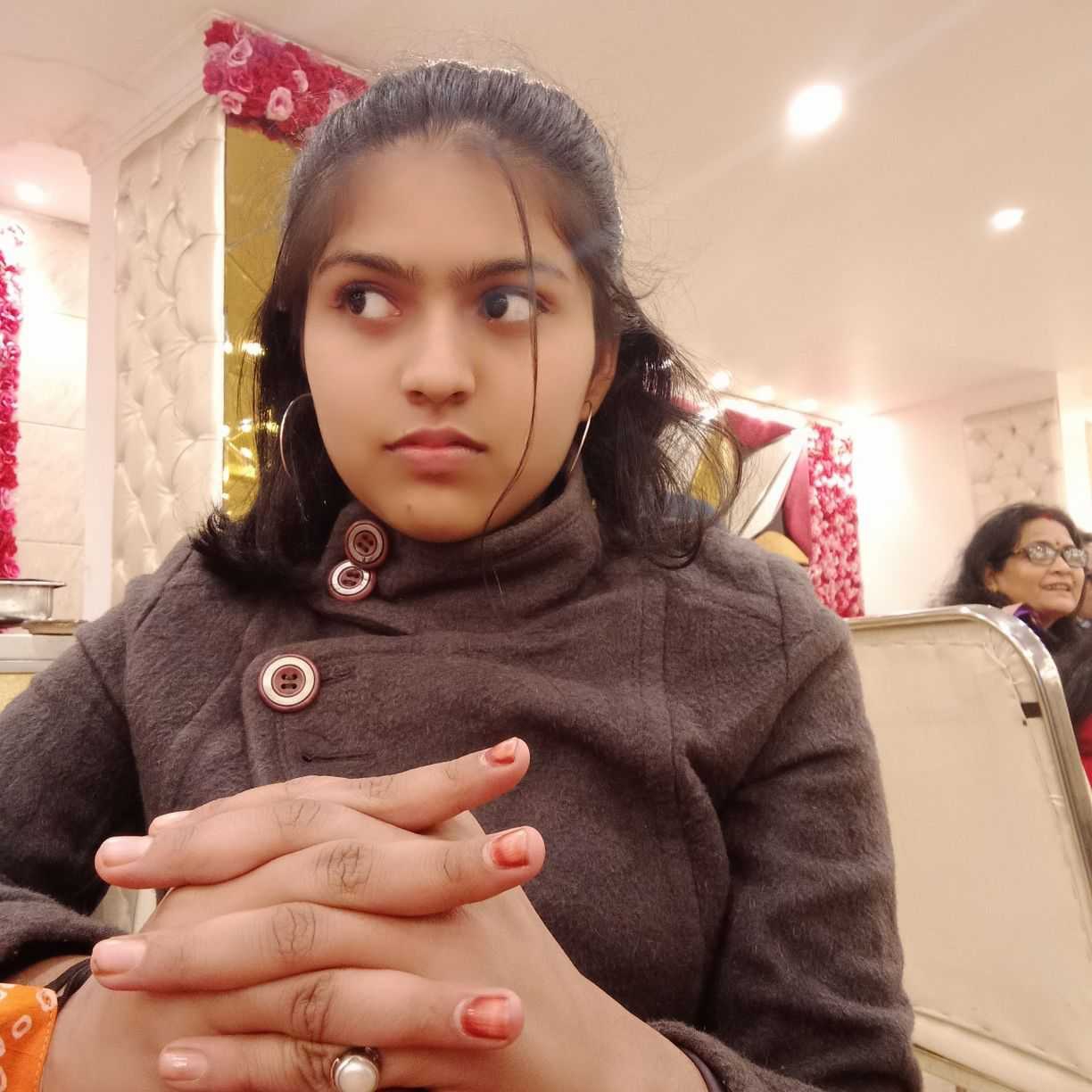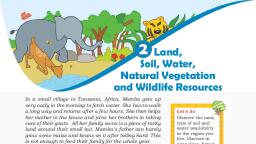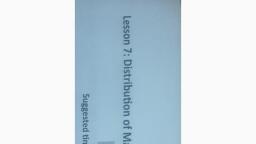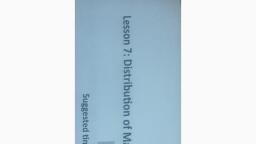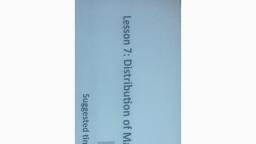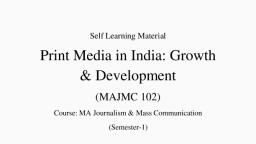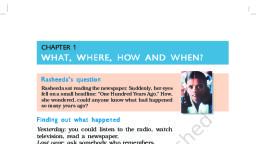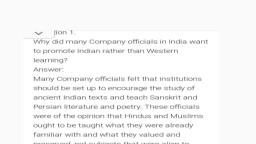Page 1 :
qually important |, porta the fact that the, , cl In the two perio, Maps and text, , itive to the, , When historian, from the past they, , 8 different historteal, Wexts ~ in Ww, , , , , , hich inf, information, produced., , ext in which information, : nh, time, what, , Produced, About language and, > exist in a variety of, : anged considerably over the, sian, for example, is different from, , rsian. The difference is not just with reg, , , , , , , , , , ard, , , , , , , , , , , , , , , , , , , , , , , , eae T and vocabulary: the meanings of words, , hake the term “Hindustan, for example, Today we, n a5 “India”, the modern nation-sta, , When the ter used in the thirteenth century by, , Minhaj-i-Siraj, a chronicler who wrote in Persian, he, , nm areas of Punjab, Haryana and the lands, , i ¢ Ganga and Yamuna. He used the term in, , 1 political sense Tor lands that were a part of the, , jominions of the Delhi Sultan. The areas included in, , this term shifted with the extent of the Sultanate but, , the term never included south India. By contrast, in, , arly s th century Babur used Hindustan to, , iescrit eography, the fauna and the culture of, , inhabitants of th continent. As we will see later, , n the chay ris was somewhat similar to the way, , hed ntury poet Amir Khusrau used the, , 1 hile the idea of a geographical and, , iItural entity like “India” did exist, the term, , industan” did not carry the political and national, , anings which we associate with it today, , sstorians today have to be carefull about the tery, , ‘ vise they meant different things inthe past, , - ve. a simple term like “foreigner”. It is, , ake, for exami’ [an someone who is not an Indian In, , , , , , , , , , , , , , , , , , , , , , , , , , , , , , , , , , , ), , Can you think of, any other words, whose meanings, change in different, contexts?
